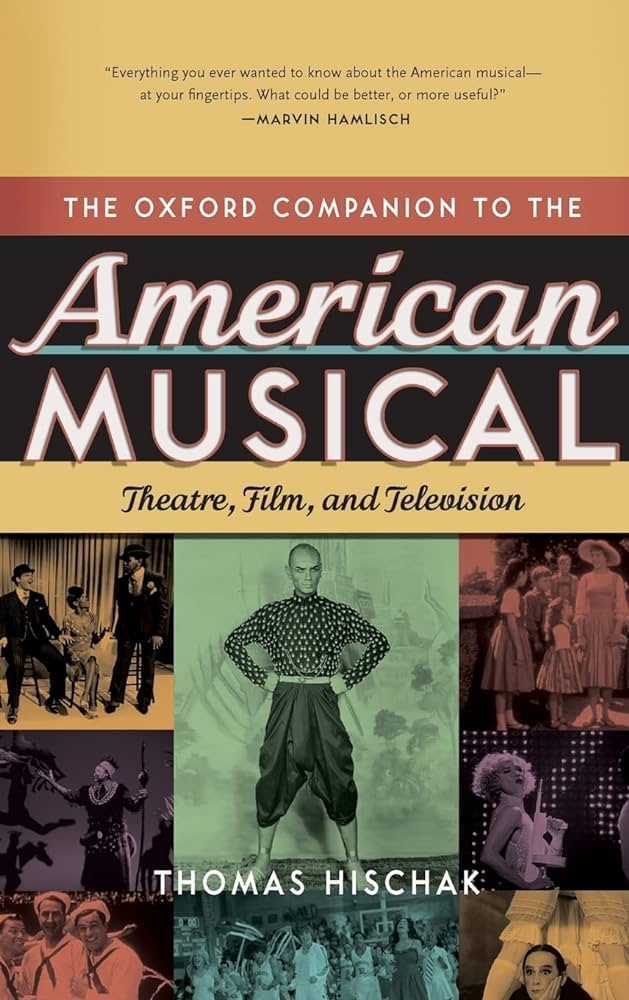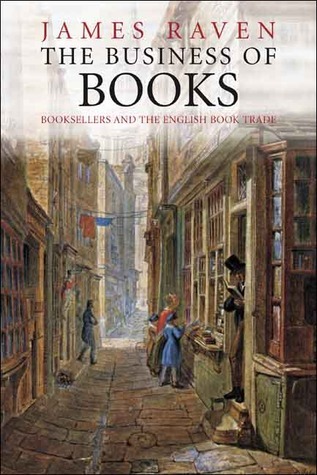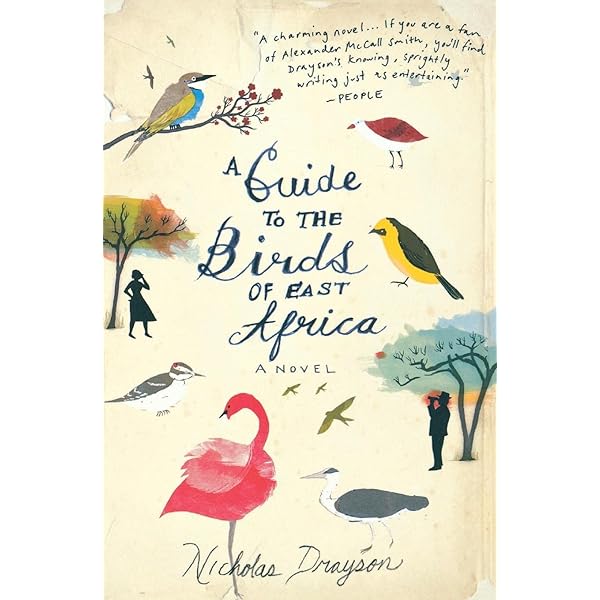Archive
Film | Theatre | Art | Opera | Music | Television | Festivals
Welcome to ABR Arts, home to some of Australia's best arts journalism. We review film, theatre, opera, music, television, art exhibitions – and more. To read ABR Arts articles in full, subscribe to ABR or take out an ABR Arts subscription. Both packages give full access to our arts reviews the moment they are published online and to our extensive arts archive.
Meanwhile, the ABR Arts e-newsletter, published every second Tuesday, will keep you up-to-date as to our recent arts reviews.
Recent reviews
The Oxford Companion to the American Musical: Theatre, film and television edited by Thomas Hischak
Australia’s Empire edited by Deryck M. Schreuder and Stuart Ward
There’s a sleechy smell here, grey frogs on the bank
like slurried earth, rotund toads hopping across lily pads,
grunting like sultans trying out cushions. Fish mouth
the surface with so many unsinkable O’s, and the larval
She trawls through reams of paper pinned in files,
stacked on shelves, heaved into the corners
of this study and other, larger rooms;
wades through spilling, perforated sheets
of printed data she cannot decipher
that concertina on the wooden floor,
stained with jam, sprinkled with old crumbs
and marked with tags that indicate some pattern
to his vanished thought – pained, slow research
that saw two hundred articles appear,
three or four a year, in august journals.
She knows the faintly sour smell of absence
that rooms so often hold after a death –
even a lonely life sweetens the air –
how furniture seems fixed when someone dies








